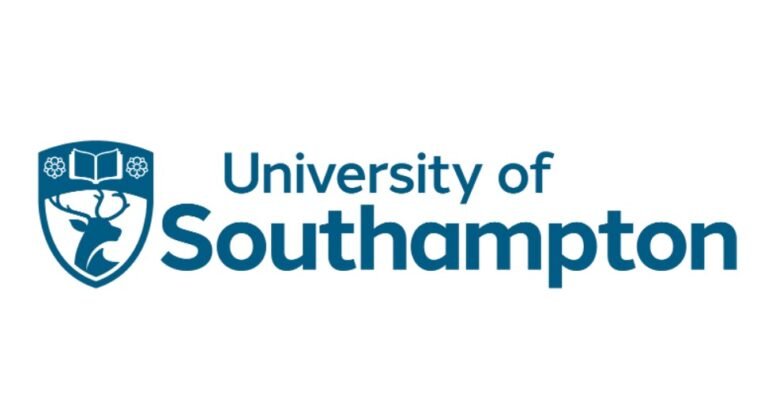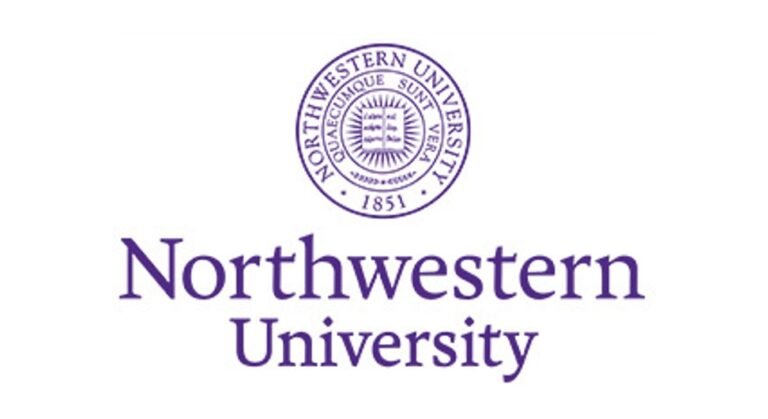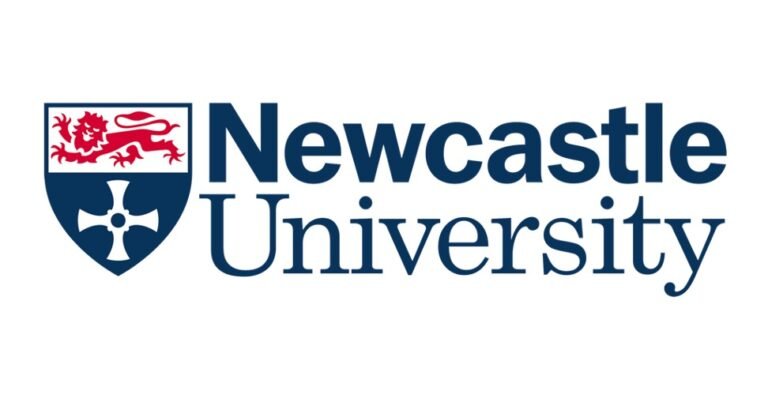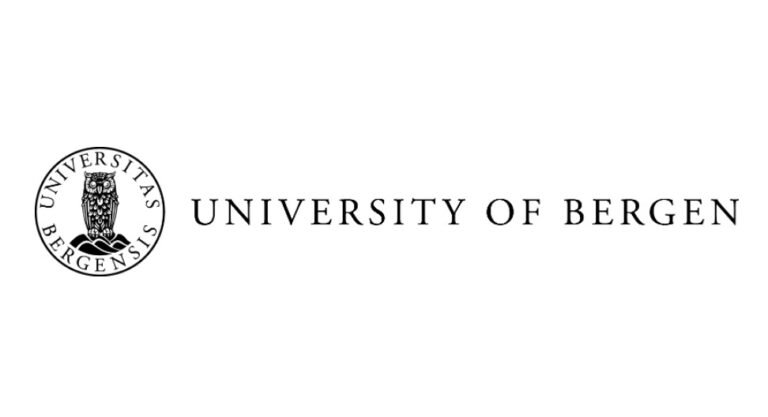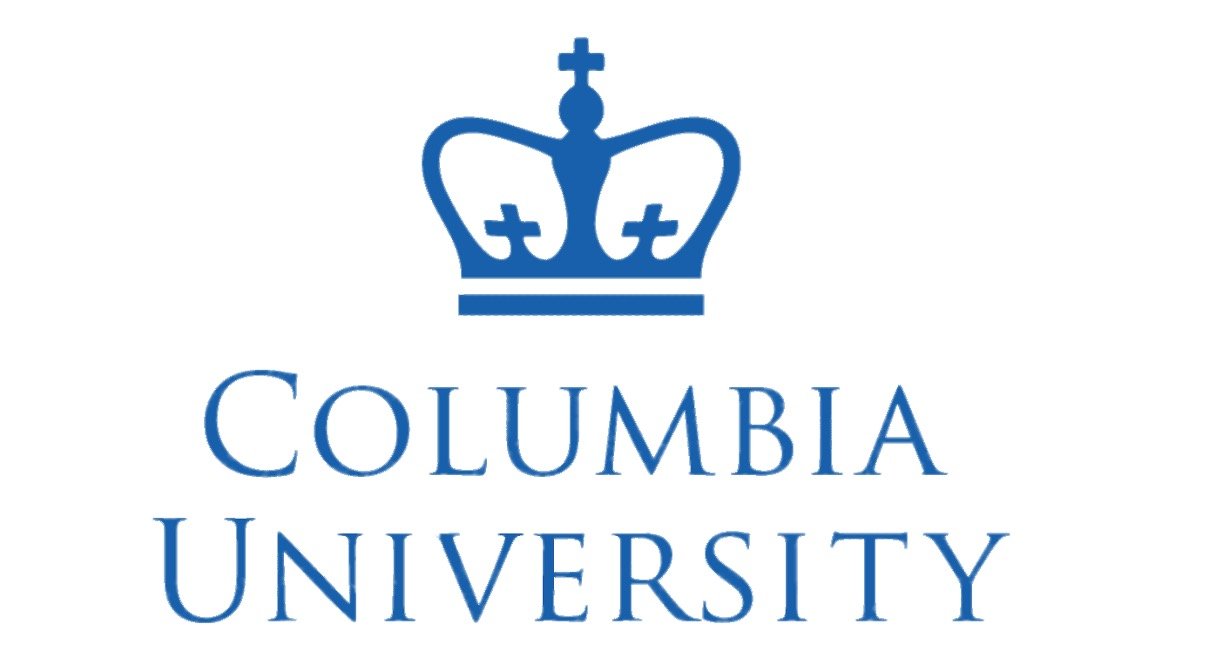About the project
Cancer continues to be one of the most prevalent diseases worldwide. Cancer is associated with a very high mortality rate (50% survival at 10 years) as most cancers are diagnosed at a late stage. Recent advances have been made in early detection, though the assays employed are still experimental, highly expensive and can suffer from poor sensitivity and specificity. On the other hand, vibrational spectroscopy (Mid-IR and Raman) has shown to be robust in detecting cancer-specific analytes within the blood and other bodily fluids.
This Ph.D. project focuses on advancing cancer diagnostics through vibrational spectroscopy, specifically targeting novel biomarkers such as circulating tumor DNA (ct-DNA), epigenetic markers, and microRNA (miRNA). Utilizing infrared and Raman spectroscopy, the project aims to unveil unique vibrational profiles associated with these biomolecules in biological samples. Innovative on-chip photonic device platform will be developed to enhance the precision of biomarker detection.
Integrating machine learning, the research aims to develop computational models for the identification, classification, and prediction of cancer based on these specific biomarkers.
Anticipated outcomes include a robust set of vibrational spectroscopy-based biomarkers detection, offering a significant stride toward personalized cancer diagnostics through non-invasive and real-time assessment of ct-DNA, epigenetic markers, and miRNA expression.
This research holds promise for transforming cancer diagnosis with early detection and precise characterisation of cancer subtypes.
The project includes the use of University of Southampton cleanroom facilities, optical laboratories, and extensive material analysis. The planned research is part of a collaboration between University of Southampton and KTH Royal Institute of Technology (Stockholm, Sweden) and there is support to travel and conduct experiments in Sweden.
Join us in shaping the future of cancer diagnostics and making a real impact in healthcare. Apply now and be part of a team committed to advancing solutions for early cancer detection challenges.
Entry requirements
Fees and funding
EU and Horizon Europe students are eligible for scholarships. CSC students are eligible for fee waivers. Funding for other international applicants is very limited and highly competitive. Overseas students who have secured or are seeking external funding are welcome to apply.
How to apply
You need to:
- choose programme type (Research), 2024/25, Faculty of Engineering and Physical Sciences
- choose PhD in Optoelectronics Research Centre (ORC) (Full time)
- add supervisor Prof. Senthil Murugan Ganapathy in section 2
Applications should include:
- your CV (resumé)
- 2 reference letters
- degree transcripts to date
Contact us
Faculty of Engineering and Physical Sciences
If you have a general question, email our doctoral college (feps-pgr-apply@soton.ac.uk).
